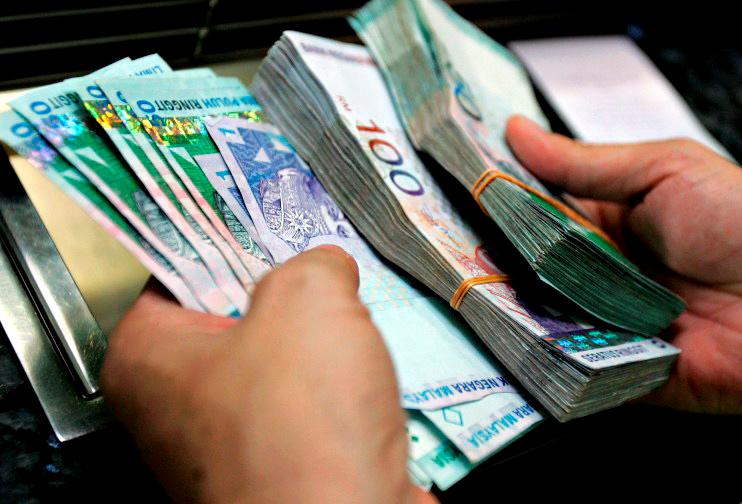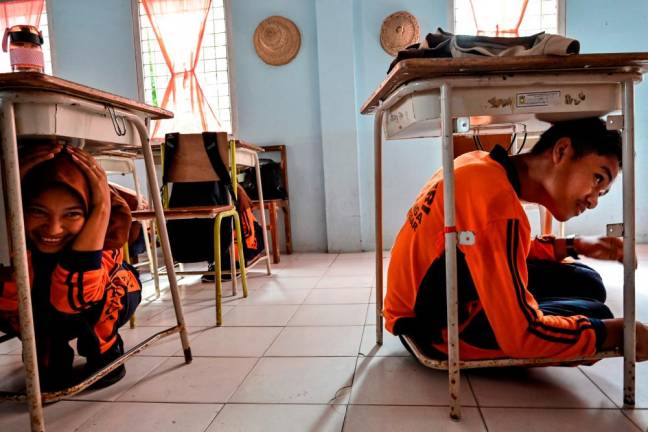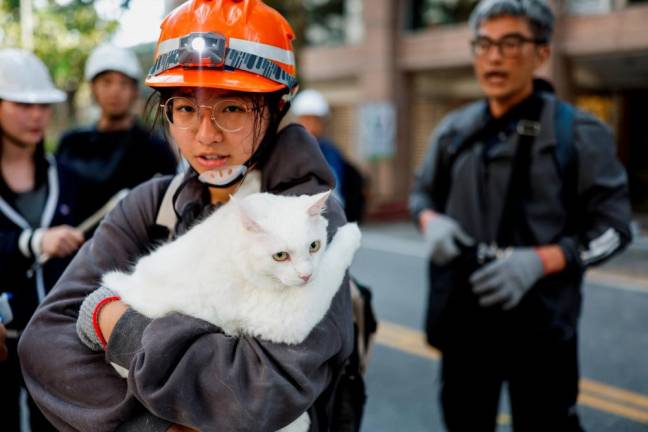PETALING JAYA: The majority of Malaysians may earn more than the minimum wage, but they still do not earn a “living wage” that would allow them and their families to enjoy a comfortable life, said Universiti Tun Abdul Razak economist Dr Barjoyai Bardai.
He said 50% of Malaysians earn about RM2,000 monthly, which does not reflect the living wage as it would not give them the ability to lead a comfortable life.
He added that Bank Negara Malaysia (BNM) had stated that for Kuala Lumpur, the living wage for a single adult was RM2,700 (in 2018), and for a childless couple, it would be RM4,500. The living wage for a couple with two children would be RM6,500.
The majority of Malaysian families have a single breadwinner who may earn more than the minimum wage. But they do not earn what has been described as the minimum living wage.
Barjoyai said although the poverty line has been set at RM2,208, this just allows a family to meet its very basic needs.
“There is an urgent need to get families to earn a living wage. One way is to encourage families to become entrepreneurs while the breadwinner works at a full-time job. Changing the people’s mindset could take five to six years, but it has to be started as soon as possible.”
Barjoyai also said tough competition for jobs in urban areas has made life difficult for migrants from rural Malaysia, but they will not return to their hometowns, lest they be regarded as a failure. Hence, they do not mind suffering in an urban environment.
“People need to realise the living wage in rural areas or small towns is much lower simply because the cost of living is lower. For example, house rentals are much lower than in the Klang Valley.
“A person can earn RM2,000 in a rural setting and live comfortably while in an urban area, this level of income will not give him a good life.”
He said there needs to be an integrated effort to tackle living wage poverty by ensuring everyone can earn an income that would allow them to lead a decent life.
In 2018, BNM said the concept of a “minimum acceptable” standard of living goes beyond being able to afford food, clothing and shelter, and should include the ability to meaningfully participate in society, the opportunity for personal and family growth, and freedom from severe financial stress.
Sunway University economist Prof Dr Yeah Kim Leng said although the living wage level has been defined by BNM, wages have to be increased in tandem with the rising cost of living.
“People need to live within their means but they must be able to live life with happiness and satisfaction too. A living wage also means the ability to have a holiday once in a while, visit parents when the need arises and have the ability to save for their retirement.”










